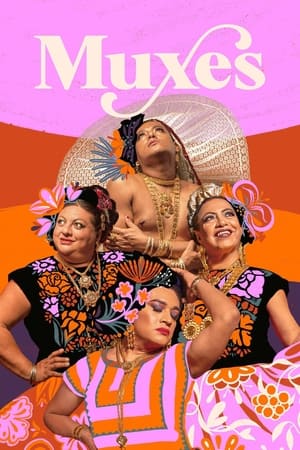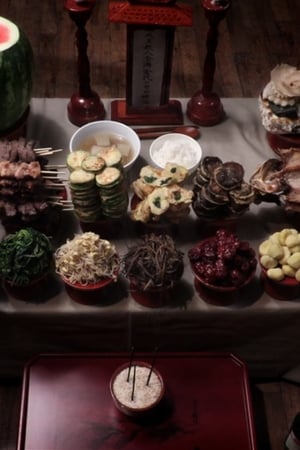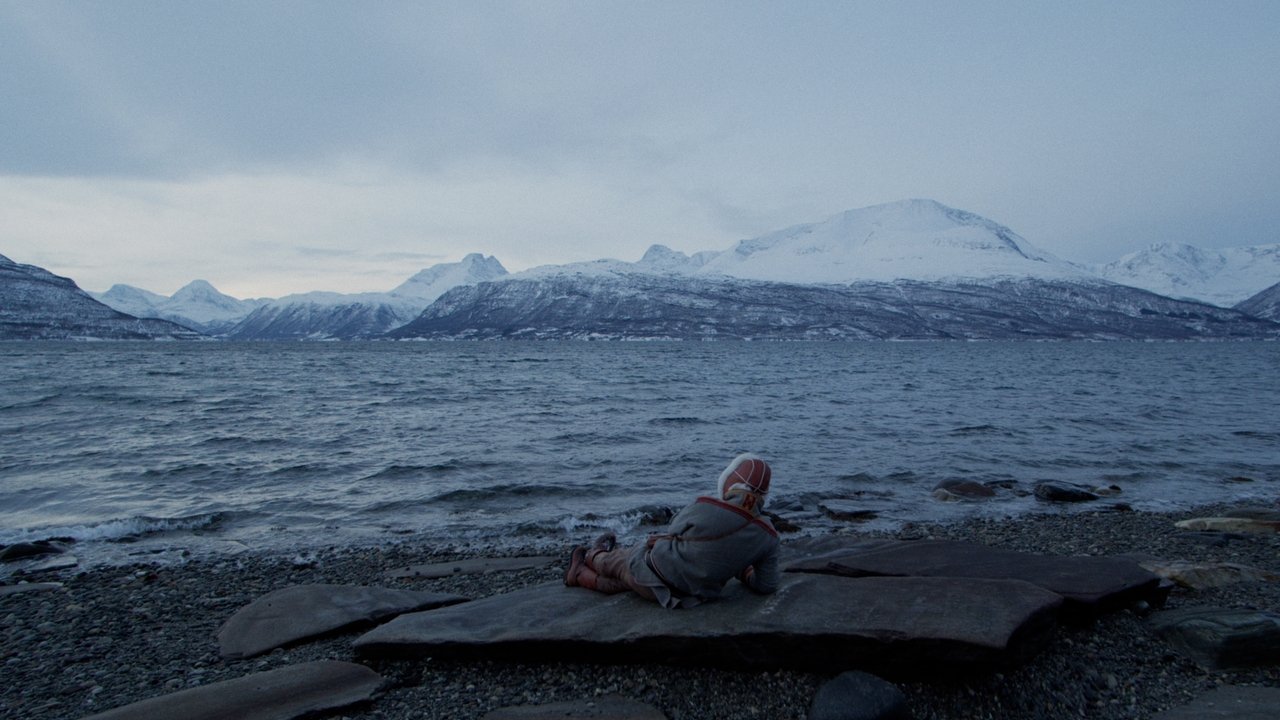
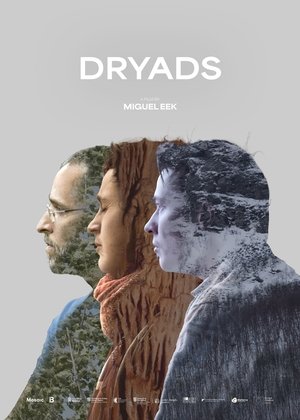
Dríades(NaN)
Movie: Dríades
Top 3 Billed Cast
Similar Movies
 7.1
7.1The Story of the Weeping Camel(mn)
When a Mongolian nomadic family's newest camel colt is rejected by its mother, a musician is needed for a ritual to change her mind.
 6.7
6.7State Funeral(ru)
The enigma of the personality cult is revealed in the grand spectacle of Stalin’s funeral. The film is based on unique archive footage, shot in the USSR on March 5 - 9, 1953, when the country mourned and buried Joseph Stalin.
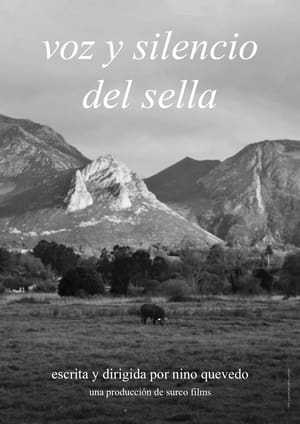 10.0
10.0Voice and silence of the Sella(es)
Short film that explores the route of the Sella River, from its source in the Fuente del Infierno (León) to its mouth in the town of Ribadesella (Asturias). It pays special attention to the mysticism that surrounds it and with which it bathes the places through which it passes.
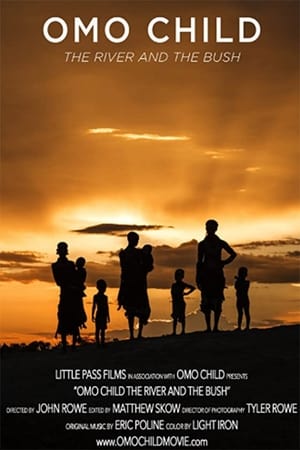 8.2
8.2Omo Child: The River and the Bush(en)
For many generations people in the Omo Valley (tribal southwest Ethiopia) believed some children are cursed and that these 'cursed' children bring disease, drought and death to the tribe. The curse is called 'mingi' and mingi children are killed. Lale Labuko, a young educated man from the Kara tribe was 15 years old when he saw a child in his village killed and also learned that he had 2 older sisters he never knew who had been killed. He decided one day he would stop this horrific practice. Filmed over a five year period we follow Lale's journey along with the people of his tribe as they attempt to change an ancient practice.
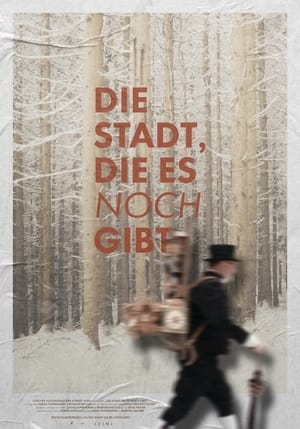 0.0
0.0A town still standing(de)
Nestled behind high mountains and dark forests lies Triberg, the birthplace of the cuckoo clock. For centuries, this cult item has been handcrafted right here, attracting tourists from all over the world. Ever since the boom of the 1980s has faded, the cuckoo clock has gradually lost its appeal and magic. And so has the place, which now resembles a ghost town. Its residents however still believe in their clock: Vendors, clockmakers and tourist guides alike fight to preserve their beloved heritage. Between abandoned restaurants and souvenir shops they hope for new tourists, while the clock continues ticking away.
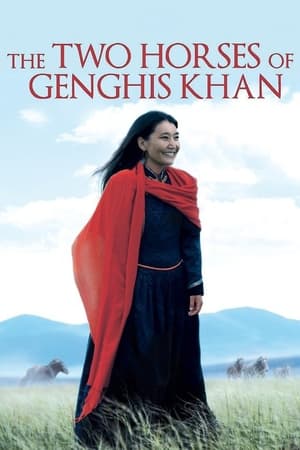 6.8
6.8The Two Horses of Genghis Khan(de)
An old, broken morin khurr (horse head fiddle) compels renowned Mongolian singer Urna Chahar Tugchi to take a road journey to Ulan Bator and the steppes of Mongolia.
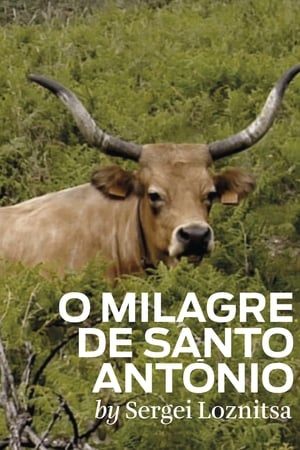 5.2
5.2The Miracle of Saint Anthony(pt)
In the middle of June the village of Santo Antonio de Mixoes da Serra in the Valdreu region of Northern Portugal honours its Patron Saint with a very special festival. On this day the local farmers bring their animals to the church – cows, horses, dogs, cats, chickens, rabbits – to be blessed. This ancient tradition is passed from generation to generation, and today, just as hundreds of years ago, animals and people flock up the mountain roads to the church square to become a part of the religious festival. The film is about this miracle.
 0.0
0.0The Noise of Time(es)
In the town of Xoco, the spirit of an old villager awakens in search of its lost home. Along its journey, the ghost discovers that the town still celebrates its most important festivities, but also learns that the construction of a new commercial complex called Mítikah will threaten the existence of both the traditions and the town itself.
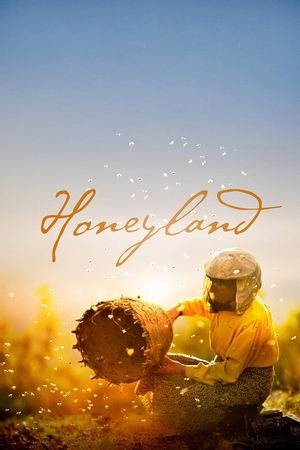 7.9
7.9Honeyland(tr)
When nomadic beekeepers break Honeyland’s basic rule (take half of the honey, but leave half to the bees), the last female beehunter in Europe must save the bees and restore natural balance.
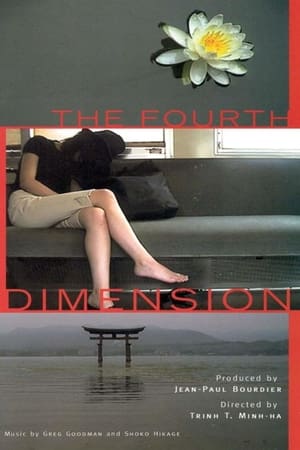 7.3
7.3The Fourth Dimension(en)
This is an elegant meditation on time, travel, and ceremony in the form of a journey. In her first foray into digital video, Trinh T. Minh-ha deconstructs the role of ritual in mediating between the past and the present.
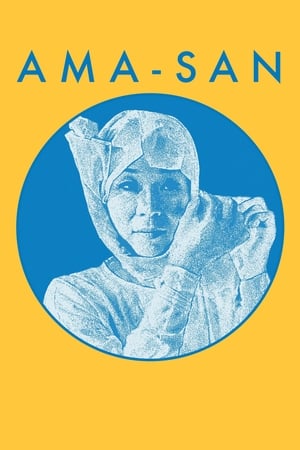 7.1
7.1Ama-San(ja)
A dive, the midday sunlight filtering down through the water. The air in her lungs has to last until she can dislodge the abalone. Dives like these have been carried out in Japan for over 2000 years by the Ama-San.
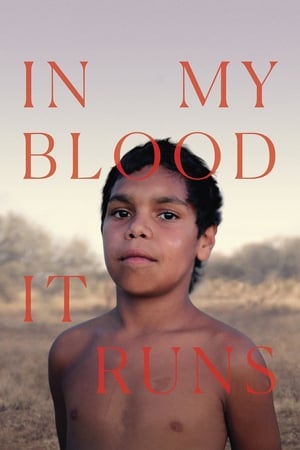 8.0
8.0In My Blood It Runs(en)
The story of Dujuan, a 10-year-old Aboriginal boy living in Alice Springs, Australia, who is struggling to balance his traditional Arrernte/Garrwa upbringing with a state education.
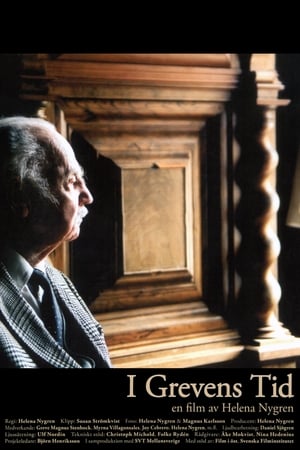 9.0
9.0In the Time of the Count(sv)
At the forests of Östergötland, where land meets sea, rests the old castle Herrborum. Here lives count Magnus Stenbock, 92, according to his own ideas about what is appropriate and what is not. Film-maker Helena Nygren is fascinated by the count and the castle, and is allowed to film on the condition that she takes the role of companion lady. Over one year, Helena returns several times to take part of count Magnus Stenbock and his servants life on castle Herrborum in Östergötland. Time stands still on the castle, and in the movie Helena wants to preserve the fairy tale feeling she gets when she steps into these ancient surroundings. The count is a strong personality with strong opinions and a great interest in history. All kinds of people come to his castle to savor the special atmosphere and follow the old fashioned rules of etiquette. Helena transforms from an observer to a lady who participates in the social games on the estate, where everything moves around its own time axis.
 9.0
9.0Those Who Come, Will Hear(iu)
“Those Who Come, Will Hear” proposes a unique meeting with the speakers of several indigenous and inuit languages of Quebec – all threatened with extinction. The film starts with the discovery of these unsung tongues through listening to the daily life of those who still speak them today. Buttressed by an exploration and creation of archives, the film allows us to better understand the musicality of these languages and reveals the cultural and human importance of these venerable oral traditions by nourishing a collective reflection on the consequences of their disappearance.
Woven Songs of the Amazon(en)
The Shipibo-Konibo people of Peruvian Amazon decorate their pottery, jewelry, textiles, and body art with complex geometric patterns called kené. These patterns also have corresponding songs, called icaros, which are integral to the Shipibo way of life. This documentary explores these unique art forms, and one Shipibo family's efforts to safeguard the tradition.
 10.0
10.0Golden Era(en)
A look into the history and tradition of Queen's Football in it's golden era, featuring never before seen footage of the university in the 1960s.
